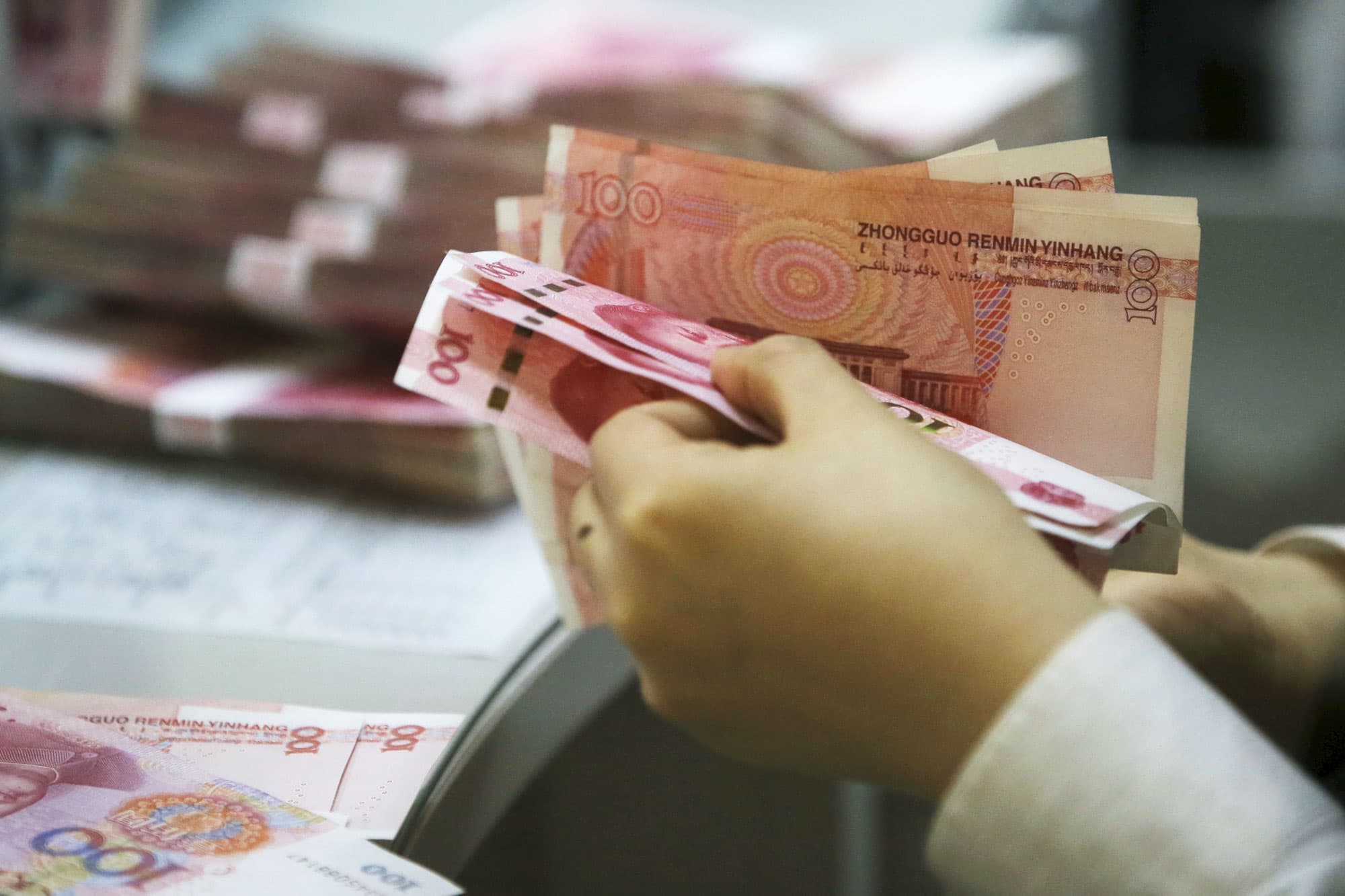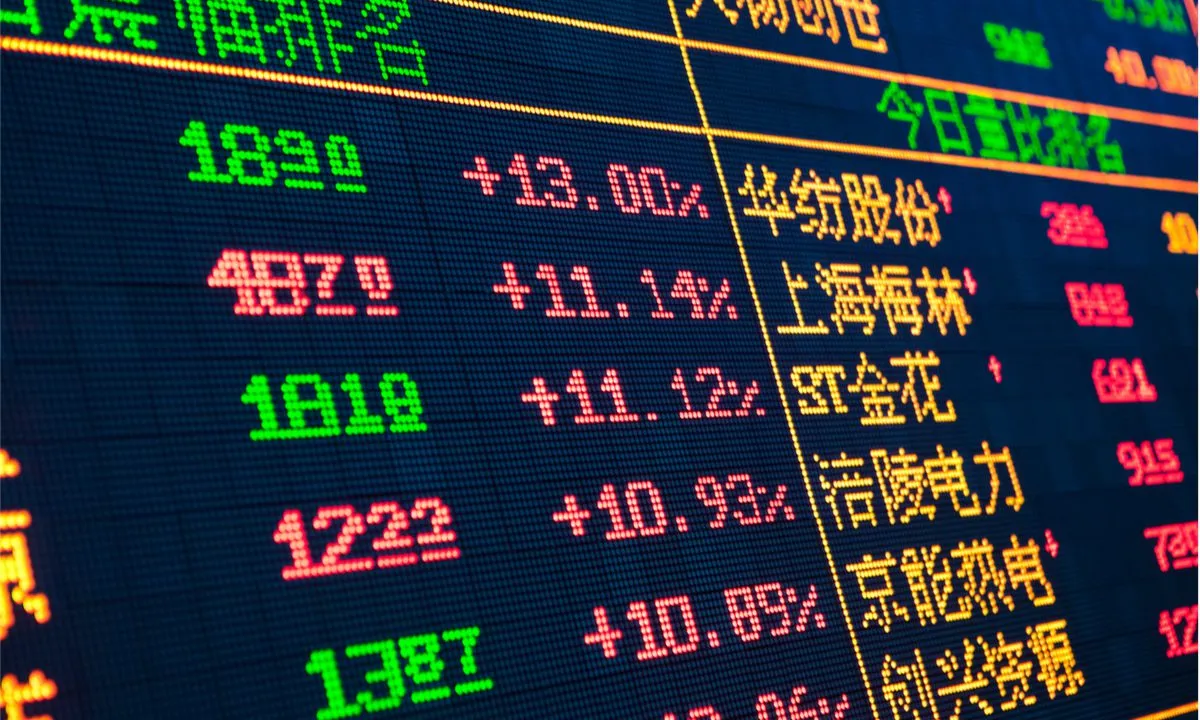China’s stock market has been experiencing a tumultuous start to 2024, with a staggering $1 trillion wiped off its value in just 13 trading days. This dramatic decline has sent shockwaves through global markets and raised concerns about the health of the world’s second-largest economy. But what factors are driving this sudden plunge, and what are the potential implications?
A Perfect Storm of Negativity:
Several factors are contributing to the current market turmoil in China. Here are some key drivers:
- Regulatory Crackdown: The Chinese government’s ongoing crackdown on the tech sector, including new regulations and antitrust investigations, has dampened investor confidence in tech giants like Alibaba and Tencent, leading to significant losses in their share prices.
- Economic Slowdown: China’s economic growth has been slowing down, fueled by factors like a declining property market and COVID-19 restrictions. This weaker economic outlook is making investors more cautious, leading to risk aversion and capital flight.
- Global Market Jitters: Rising interest rates in the US and other major economies, coupled with geopolitical tensions and inflation concerns, are creating a negative global market sentiment, adding to the downward pressure on Chinese stocks.
- Internal Deleveraging: The Chinese government’s push to reduce debt levels in the economy is putting pressure on highly indebted companies, further impacting investor sentiment.
Impact and Repercussions:
The stock market plunge has significant implications for both China and the global economy. Within China, it could lead to:
- Reduced investment and economic growth: Lower investor confidence can discourage investment, hinder economic expansion, and impact job creation.
- Wealth erosion and social unrest: Declining stock prices can lead to significant wealth losses for individuals and institutions, potentially triggering social unrest.
- Financial instability: The weakened financial system could pose risks to banks and other financial institutions.
Related: Chinese Stocks Rally Halts Amid Investor Doubts on State Support
Globally, the Chinese market turmoil could:
- Trigger sell-offs in other markets: Increased volatility in China could spill over to other global markets, leading to broader risk aversion and potential corrections.
- Disrupt supply chains: China’s economic slowdown could have ripple effects on global supply chains, impacting businesses and consumers worldwide.
- Test investor confidence: This episode could further erode investor confidence in the Chinese market and its long-term growth prospects.
Looking Ahead:
The future trajectory of the Chinese stock market remains uncertain. The government’s response to the crisis will be crucial. Measures like stimulus packages, targeted support for key sectors, and easing regulatory pressure could help restore confidence. However, navigating the complex interplay of internal and external factors will be challenging.
While the current situation is concerning, it’s important to remember that China’s stock market has a history of volatility. Long-term investors should consider this turbulence within the context of China’s overall economic potential and its long-term growth trajectory. Careful analysis and a diversified investment portfolio remain key for navigating this uncertain market environment.



